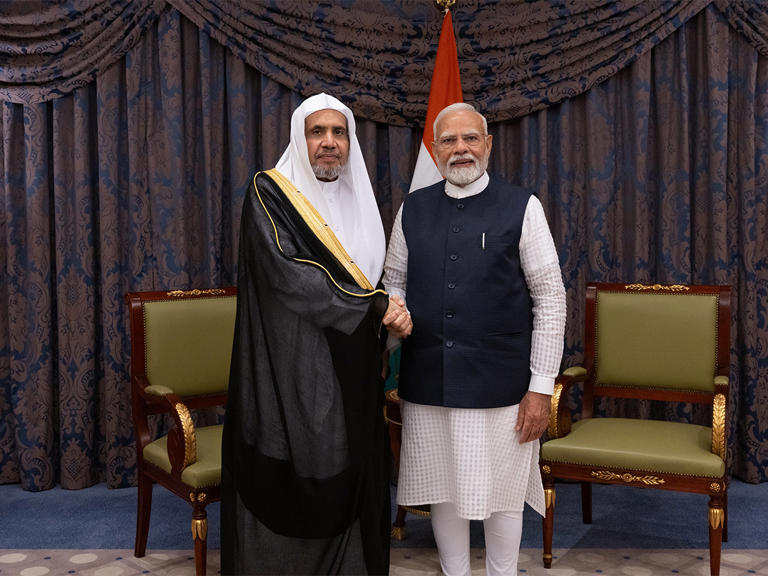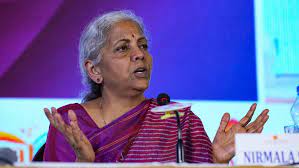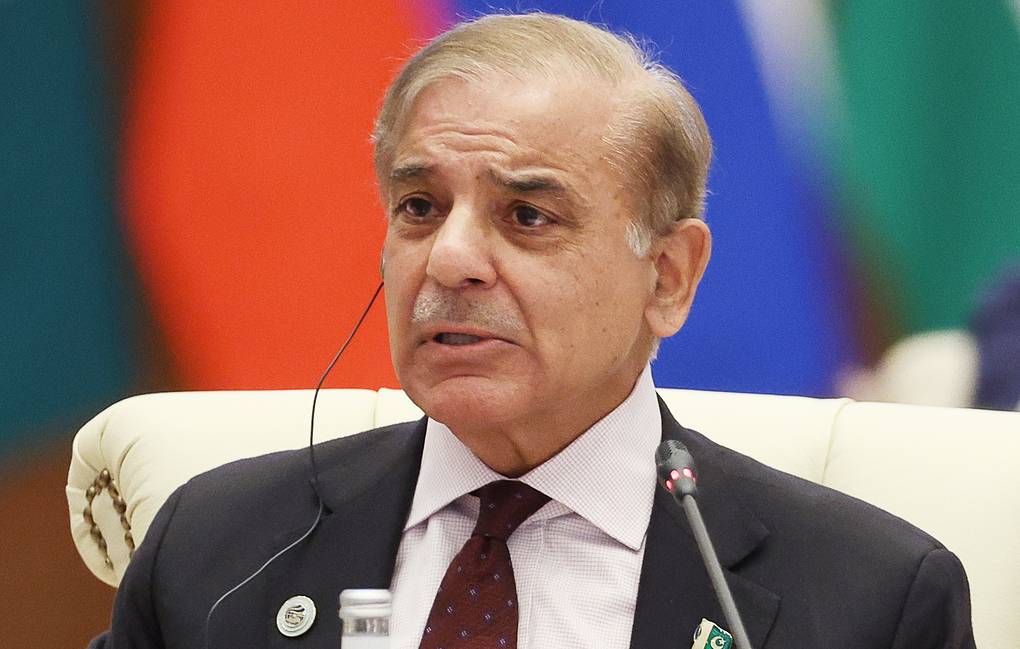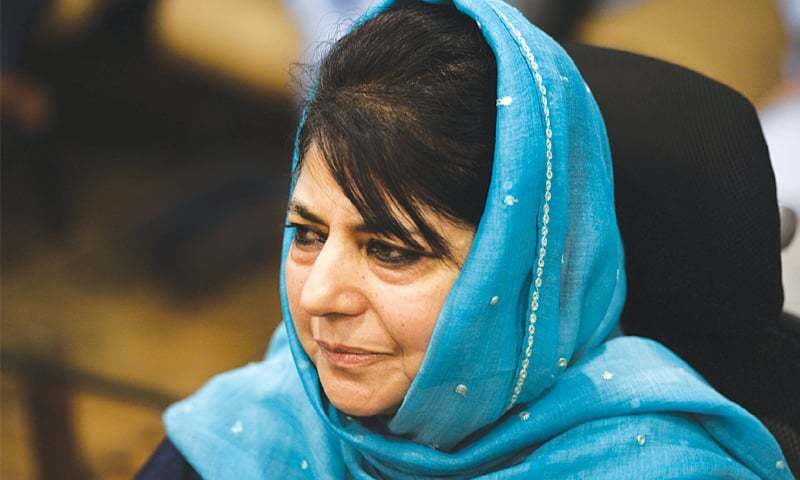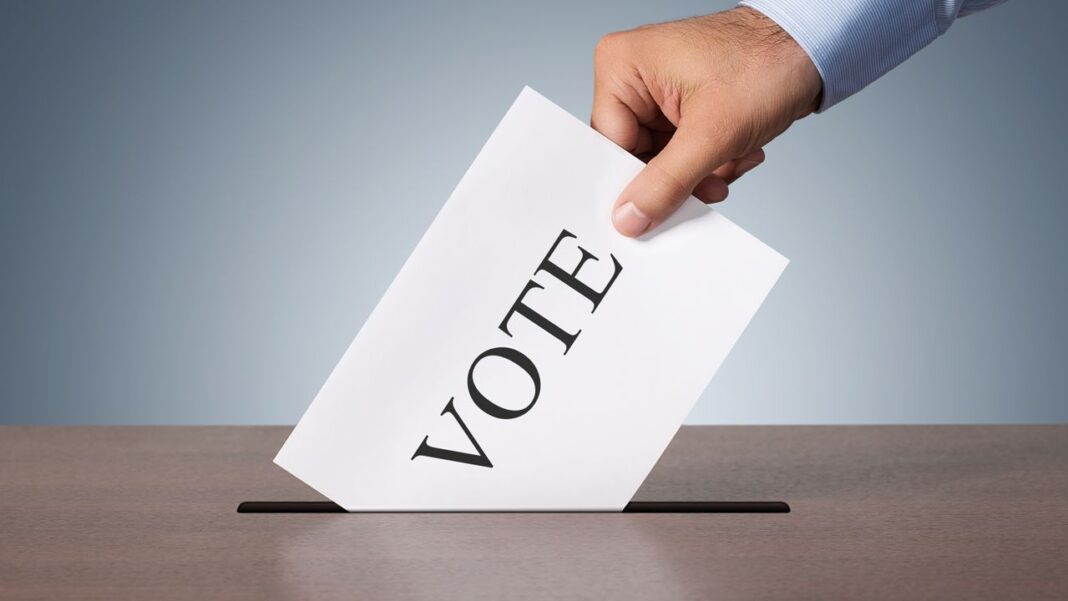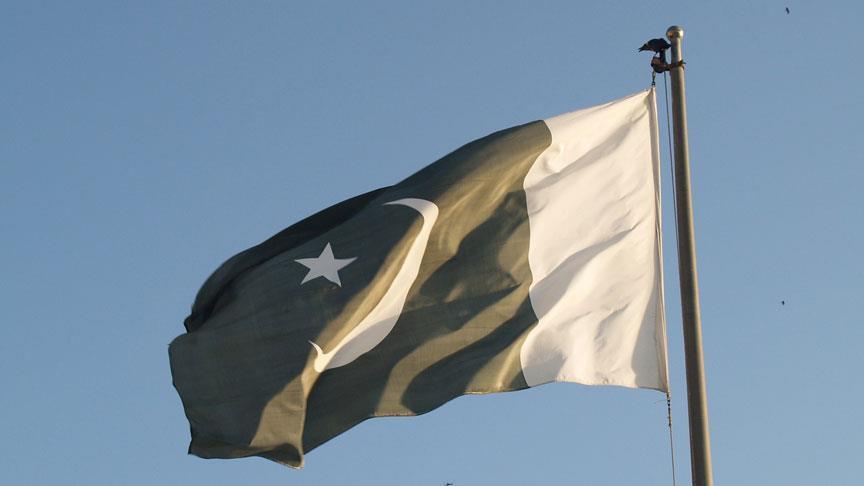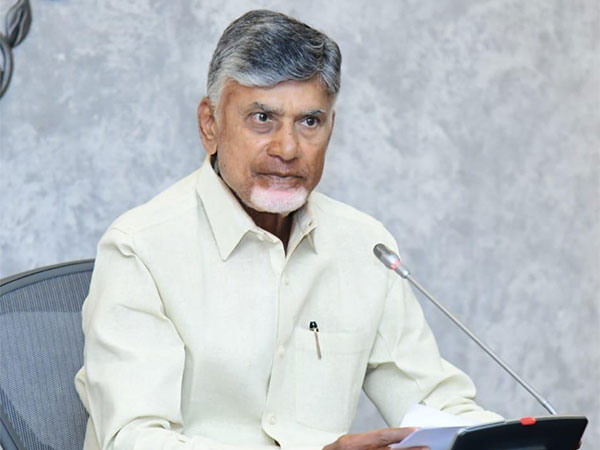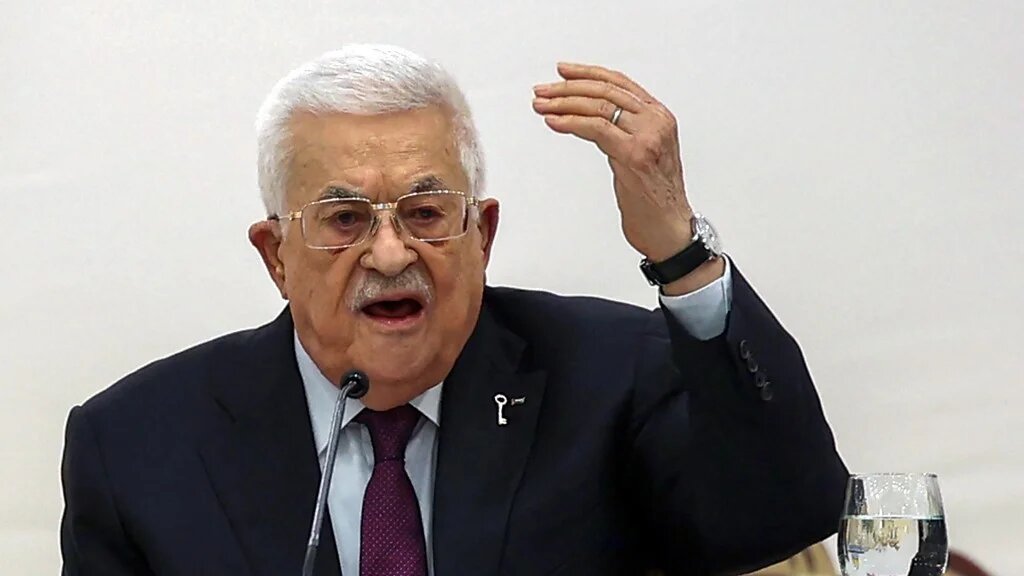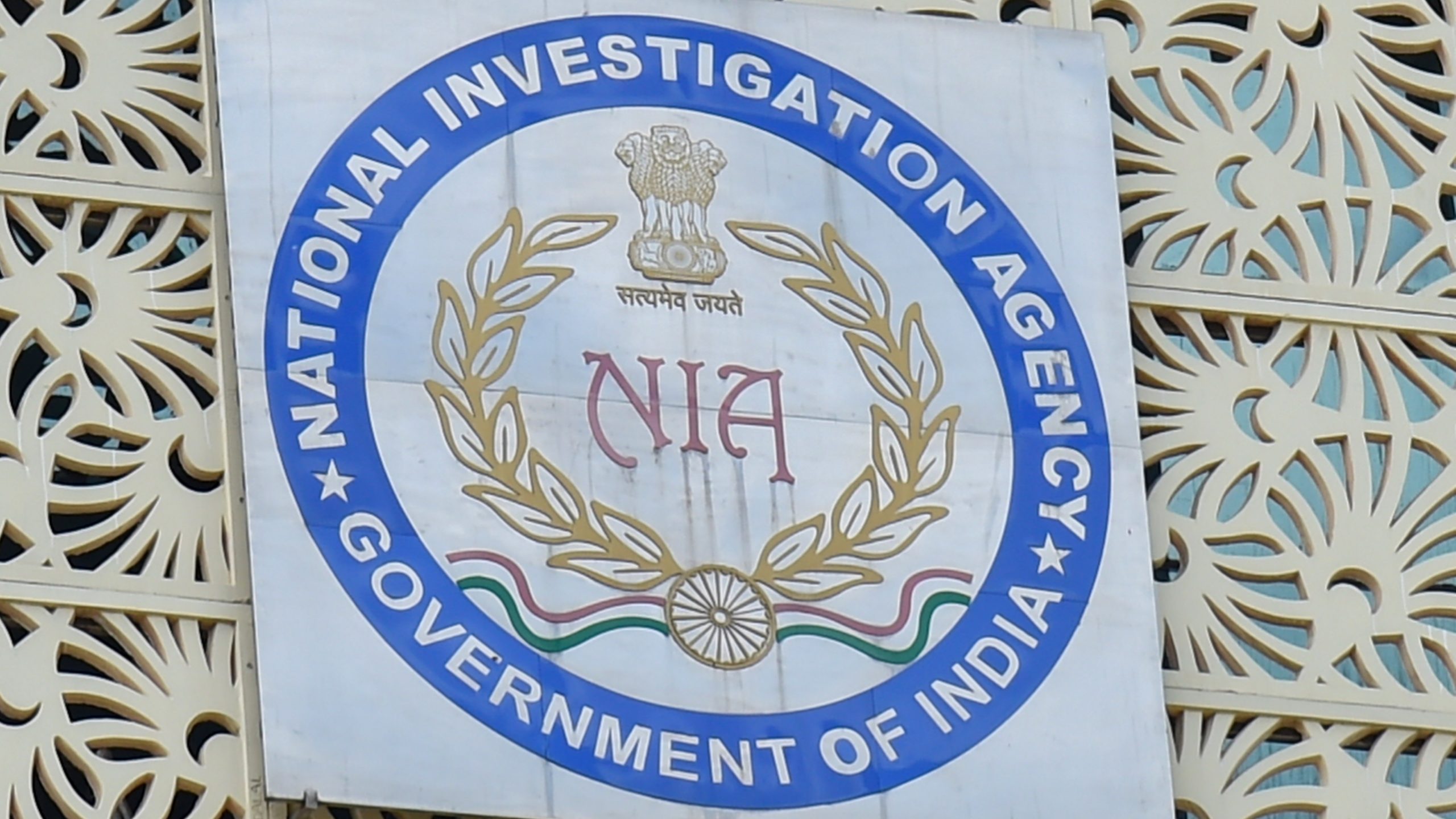7th Pay Commission: Cabinet approves recommendations for central govt employees
Wed 29 Jun 2016, 12:25:50
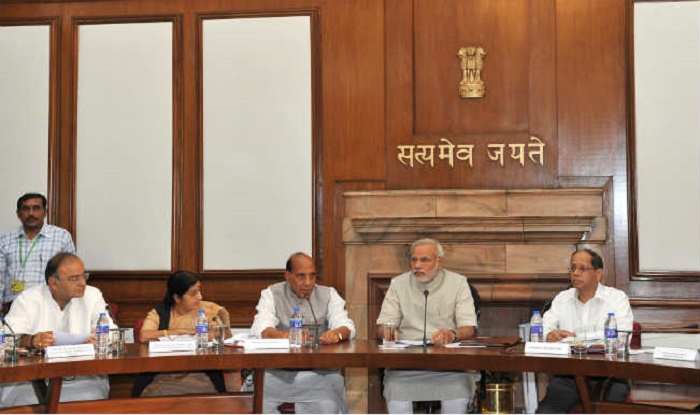
Central government employees can look forward to fatter salary cheques as the Union cabinet has approved the 7th Pay Commission recommendations. With this hike, several senior government officials will draw a higher salary than lawmakers in Parliament.
Salaries and allowances will rise by at least 23.5 per cent, which had been recommended by the 7th Pay Commission. The hike - the lowest in the last 70 years - is expected to cost the taxpayer an additional Rs. 1 lakh crore annually, or nearly 0.7 per cent of GDP.
The government is eyeing the economic push the move will provide to the sluggish demand scenario in the economy. The move will impact nearly 50 lakh employees and 58 lakh pensioners. The changes are likely to be implemented from January 1.
The hike is built around the recommendation for a 14.27 per cent hike in basic pay. Rs. 73,650 crore of the total payout will come from the general budget, while Rs. 28,450 crore will come from the railways. One of the key changes suggested by the pay commission is the 'New Pay Structure', which will do away with pay bands and grade pay.
The previous Pay panel had recommended a 20 per cent hike which was eventually doubled when it was implemented in 2008.
The highest pay is pegged at Rs. 2, 25,000 per month for
apex scale and Rs. 2,50,000 per month for cabinet secretary and others at the same pay level. The rise will be more than double as the current pay in this scale is Rs. 90,000 per month.
apex scale and Rs. 2,50,000 per month for cabinet secretary and others at the same pay level. The rise will be more than double as the current pay in this scale is Rs. 90,000 per month.
The move has led to the discontent among the lawmakers who allege disparity. However, the government is also considering a hike in salaries and allowances of lawmakers.
The minimum pay recommendation is Rs. 18,000 per month. This too is more than double of the present Rs. 7,000.
Sources say Finance Minister Arun Jaitley has made provisions for the payout. Though the government is making an effort to increase revenue by bringing more under the tax net, the payout will reduce the government's kitty. Especially, because the Centre also needs about Rs.70,000 crore to meet the One Rank One Pension (OROP) commitment.
But the government is not complaining. The huge payout, once implemented, will boost the consumption demand at a time when the economy is moving sluggishly due to poor demand.
While some experts believe that the additional cash in the market may fuel an inflationary trend, experts say that the impact of the pay commission may become a turning point for the Prime Minister Narendra Modi's government to trigger demand that drives growth investment and profits.
No Comments For This Post, Be first to write a Comment.
Most viewed from Specials
Most viewed from World
AIMIM News
Latest Urdu News
Most Viewed
May 26, 2020
Do you think Canada-India relations will improve under New PM Mark Carney?
Latest Videos View All
Like Us
Home
About Us
Advertise With Us
All Polls
Epaper Archives
Privacy Policy
Contact Us
Download Etemaad App
© 2025 Etemaad Daily News, All Rights Reserved.

